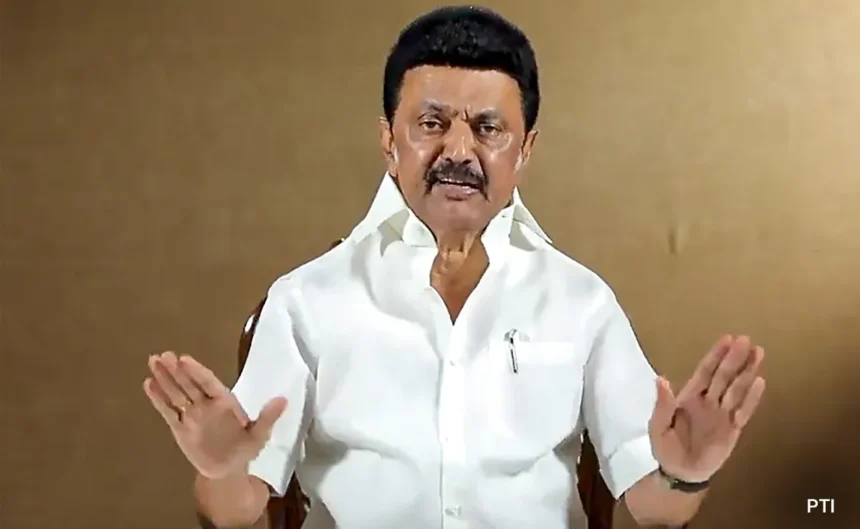In a recent development, DMK President and Tamil Nadu Chief Minister M K Stalin voiced strong opposition against Prime Minister Narendra Modi’s proposal to implement the Uniform Civil Code (UCC). Stalin accused Modi of potentially destabilizing the law and order situation and stoking religious violence with his remarks on the UCC.
Stalin’s criticism came in response to Modi’s statement advocating for a single set of laws in the country, implying that there should not be different laws based on religion or community. While the idea of a Uniform Civil Code has been a long-debated topic in India, with proponents arguing for its potential to promote equality and unity, critics like Stalin contend that its implementation may lead to unrest and disrupt the delicate balance of religious practices.
The DMK President condemned Modi’s stance, asserting that the Prime Minister’s push for a UCC could have severe consequences. Stalin raised concerns about potential religious violence, suggesting that the imposition of a uniform code could provoke communal tensions and trigger conflicts among different religious communities. He argued that diverse cultural and religious practices have long been an integral part of India’s rich heritage, and any attempt to homogenize them could result in social disharmony.
Stalin further accused Modi of overlooking the unique challenges and sensitivities associated with religious diversity in India. He argued that the country’s constitutional framework, which grants autonomy in personal matters to different religious communities, has successfully preserved peace and harmony among its citizens. Stalin emphasized the importance of respecting the plurality of beliefs and cautioned against adopting a uniform code that could infringe upon religious rights and traditions.
The DMK leader’s remarks echoed the sentiments of several opposition parties and minority groups who fear that the UCC might lead to the erosion of minority rights and cultural identities. They contend that implementing a uniform code without adequate consultation and consensus-building could undermine the principles of secularism and pluralism enshrined in the Indian constitution.
Stalin’s criticism of Modi’s proposal also reflected his party’s ideological stance. The DMK, known for its support of social justice and minority rights, has historically advocated for preserving the autonomy of religious communities in personal matters. The party believes that diverse personal laws can coexist within a secular framework and that any attempt to impose a uniform code would be an infringement on individual freedom.
While the debate over the Uniform Civil Code continues to spark discussions and differing opinions across the country, it remains to be seen how the central government will proceed with its proposal. The Modi administration has yet to present a comprehensive plan for the implementation of a UCC and will likely face challenges in garnering consensus from various stakeholders.
As the nation awaits further developments on this front, the concerns raised by leaders like M K Stalin highlight the need for careful deliberation and a balanced approach that respects the rights, traditions, and sentiments of all religious communities. It is crucial to strike a delicate balance between promoting equality and safeguarding the diverse cultural fabric of India, ensuring that any potential reforms are inclusive and foster harmony rather than discord.




